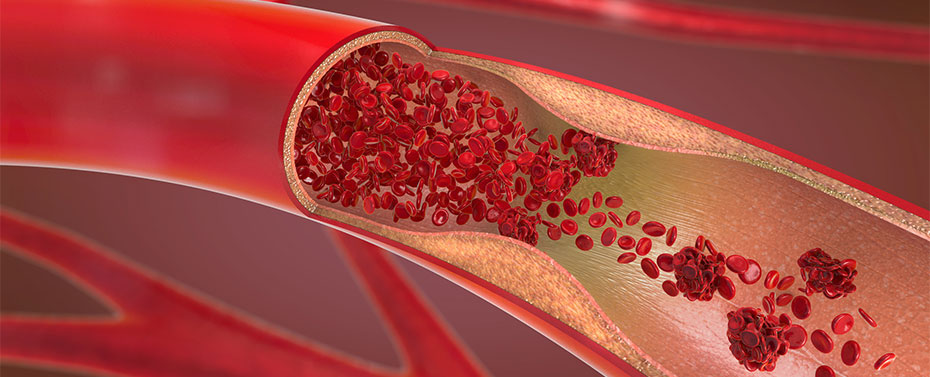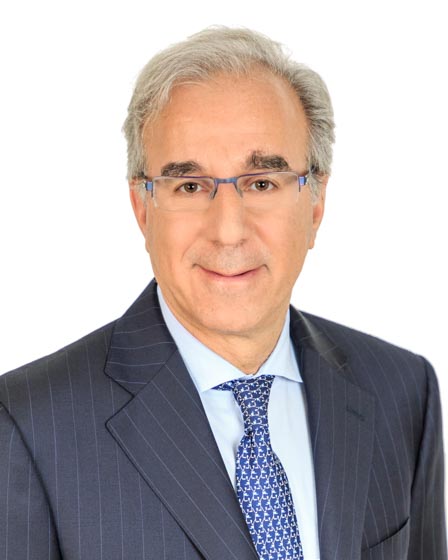Coronary Artery Disease

Your coronary arteries are the blood vessels that carry blood, oxygen, and nutrients to your heart. Coronary artery disease happens when these vessels become blocked with cholesterol plaque, causing chest pain, heart attacks, and possibly heart failure.
Coronary Artery Disease Causes
Coronary artery disease starts when cholesterol plaques develop in the inner layer of an artery. The major factors that increase the risk of developing these plaques are:
- Smoking
- High blood pressure
- High cholesterol
- Diabetes or insulin resistance
- Sedentary lifestyle
If the plaque in your artery breaks or ruptures, blood cells called platelets clump at the site to try to repair the damage. This can create a clog that causes a heart attack.
Reducing Your Risk for Coronary Artery Disease
You can’t control every potential cause of coronary artery disease, such as aging. However, you can make many lifestyle changes that can significantly lower your chances of developing the disease by:
- Quitting smoking or reducing your exposure to secondhand smoke
- Working to lower blood pressure or blood cholesterol levels
- Treating diabetes
- Losing weight
- Increasing your physical exercise
- Lowering stress
- Eating a diet without foods high in saturated fat, trans fat, salt, and sugar
One of the easiest and most important changes a person can make to reduce heart disease risk is dietary modification. First, eat the rainbow—include a wider variety of color in your diet. Consume unprocessed, healthy foods rich in nutrients and vitamins, such as green leafy vegetables, fresh berries, fruits, fish, lean meats, and whole grains. Second, cut the salt. You don’t have to eliminate it out all at once, but reduce the amount you use with each meal, work toward preparing foods with little or no salt, and never use a salt shaker. Third, don’t regularly indulge in sweets. Read labels and minimize the amount of sugar you consume in beverages and prepared foods.
Dr. Samuel Suede, Chief of Cardiology
Coronary Artery Disease Symptoms
As plaque builds up in your arteries, they can eventually narrow and blood flow to your heart decreases. The condition can develop gradually, so you may not notice a problem immediately. Over time, however, you may experience signs, including:
- Chest pain, pressure, or tightness
- Neck, jaw, shoulder, back, or arm pain
- Shortness of breath
These symptoms may be a warning sign of a potential heart attack. If you experience these symptoms, you should be evaluated by your doctor.
Why Choose Englewood Health for Coronary Artery Disease Care?
At Englewood Health, we offer:
- The most up-to-date diagnostic testing for coronary artery disease, including advanced imaging and invasive testing
- Extensive treatment options, including surgical and minimally invasive procedures
- An extensive network of cardiologists across northern New Jersey to help you manage coronary artery disease through medication and lifestyle changes.
- Multidisciplinary team approach with doctors having specialized training and extensive experience working together to treat patients with coronary artery disease
- Specialized care for complex conditions, such as chronic total occlusion. This is when plaque completely blocks one of your arteries. Englewood Health’s interventional cardiology team has a 90-percent success rate in treating chronic total occlusion.
- Advanced technology such as the Impella® heart pump, which supports the heart’s function during procedures for coronary artery disease
- A smoking cessation program to help you quit smoking, reducing a major risk factor for coronary artery disease
Our Coronary Artery Disease Treatment Team
At the Heart and Vascular Institute, you receive treatment from a well-rounded team of specialists. Your care team may include:
- Cardiologists who specialize in heart function and managing chronic heart conditions through medication and interventional procedures
- Cardiothoracic surgeons who specialize in operations to repair damaged hearts, including coronary artery bypass grafting
- Vascular surgeons skilled in removing blockages and repairing damaged arteries throughout the body
- Rehabilitation specialists who help you recover through therapy, exercise, and nutrition

